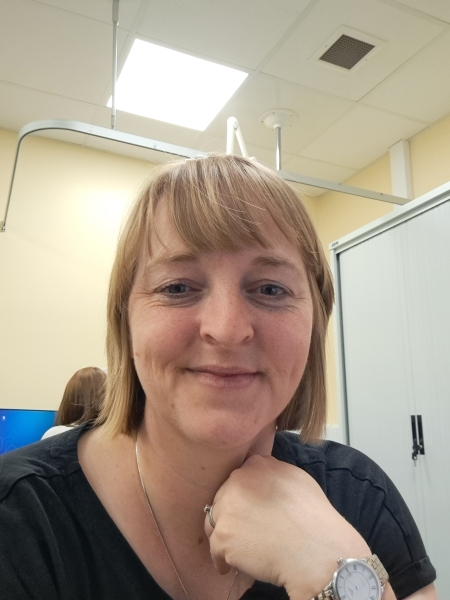Publish date: 9 June 2025
What have we learned through poverty proofing our service?

I am a public health speech and language therapist working in the children’s speech and language therapy team.
We were one of the first eight healthcare settings to undergo an audit from the charity Children North East through its Poverty Proofing© programme. We did this as part of our work to tackle inequalities and ensure fair and equitable access to our service.
It was definitely an interesting process, and we ended up with a detailed report focusing on key themes which came up from the charity’s interviews with some of our patients and their families.
The themes highlighted in our report were:
- Navigating appointments
- Communication
- Education and empowerment
- Financial awareness and care-related costs
- Support
- Travel
For each, there was a breakdown of what we already did well, as well as examples of challenges faced by patients with recommendations about what we could do to help.
Another part of the process was a staff training session and this aspect I would really recommend to others, as it was very well-received by the team.
Below is a selection of some of the comments from our staff when I asked about the kind of things they now think about to ensure we are not inadvertently creating barriers to patients.
It shows that it doesn’t always need to be major changes or differences to how we do things; simply considering the impact of what we do on different people or groups can really make a difference.
“One thing I consider is families with preschool children not in nursery settings and they don’t have a car. This supports families trying to organise transport to get to the appointment / money to pay for the transport / reducing risks of DNA due to making it more accessible for them.
“I have one family who their only form of transport is a bus every hour therefore if they miss that bus for any reason, they will not be able to attend an appointment on time. Therefore, this added time pressure is reduced for them, and I can manage my time around the family to make it more suitable.”
“I remember from the training they did discuss telephoning parents and some parents not wanting to answer unknown numbers. I also remember discussions about if they have credit to contact the service. Now I always consider getting parents’ email as most parents do have one. This makes keeping connected a lot easier.”
“I know we need to be mindful about families often needing to go to places like McDonald’s to use free WiFi and that had an impact on their ability to join online groups/sessions. That’s very definitely true for our refuge mums, in particular.”
“I am mindful about sending reports/resources to families electronically; not everyone has a printer/ink and many use their phones to read everything which is hard when reading a lengthy document.”
